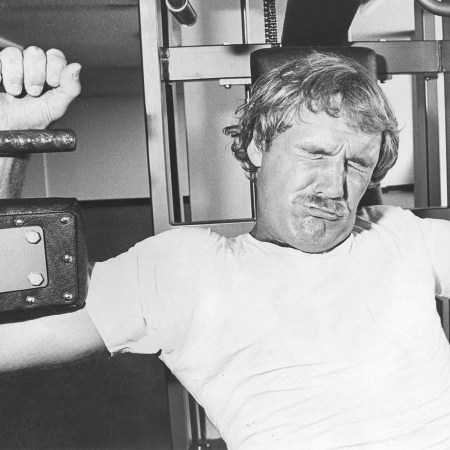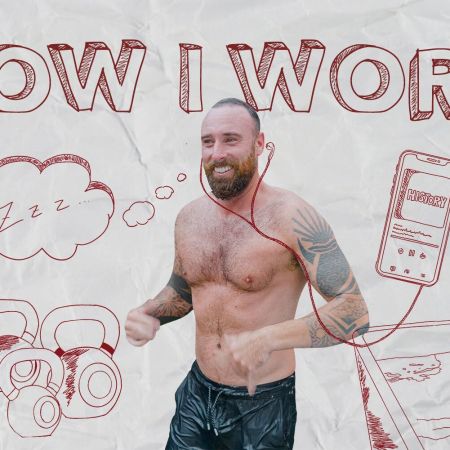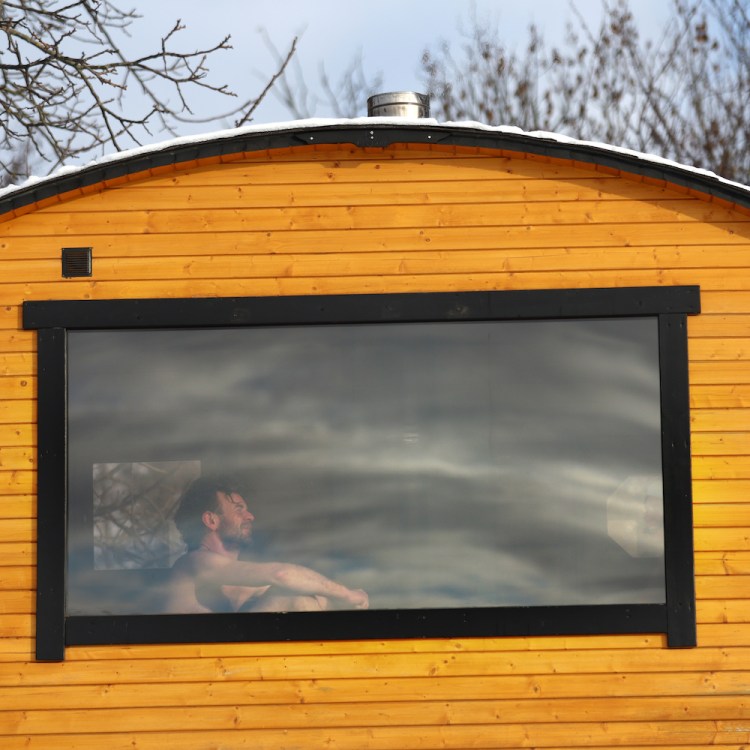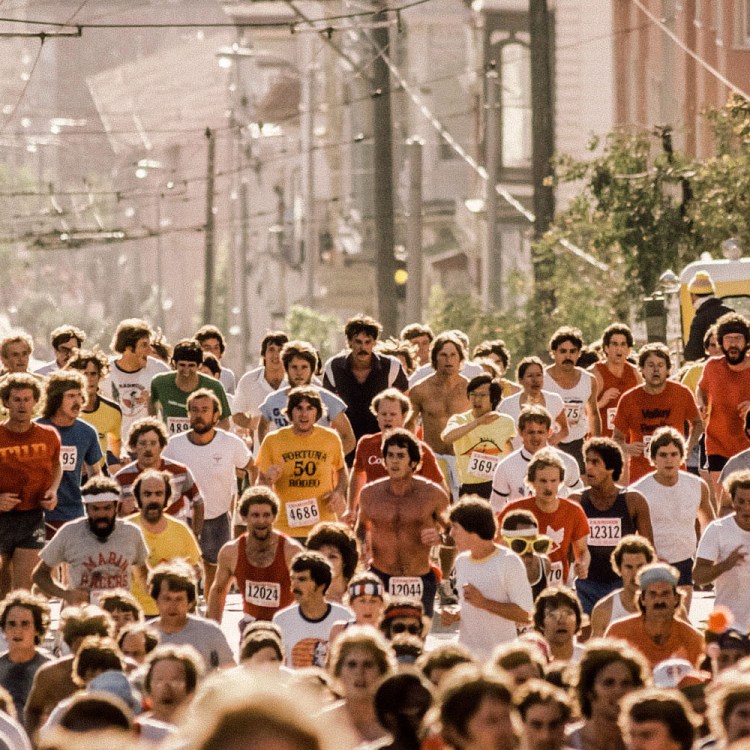A brand strategist named Eugene Healey, who’s worked closely with New Zealand-based market research firm Tracksuit, opened this year with a series of video essays on “post-luxury status symbols.”
Healey’s theory is that luxury is in decline — social and digital media have upped the ubiquity of status symbols (sports cars, designer handbags, wellness retreats), which has diluted their potency. “It’s too easy to go online and [see these things],” he explains. “They lose their mystique. It doesn’t matter how much it costs. [They’re] basic.” Healey takes this founding premise in a dozen different directions, and if you’re at all interested, I recommend watching his stuff here.
But here’s his overarching conclusion: in order to stand out in 2025 and beyond, many consumers will shift their priorities. They’ll go back to their roots and just be…human beings. How so? Post-luxury “status symbols,” according to Healey, will include having kids, pursuing expertise in niche interests, wasting time with friends and fostering communities (think: dinner parties, workout groups, book clubs).
Instrumental to his forecasting, Healey says, is the idea that “being chronically offline is the new flex.”
Our Lives Online
As grim as it feels to list out once commonplace ways of existing as emerging status symbols, it’s indisputable that screen time is a direct competitor to time spent in the real world. In 2023, the average online user aged 16 to 64 spent an average of six hours and 40 minutes on screens each day.
That would be alarming even if screen time was widely regarded as fruitful. But it isn’t, as we’re all well aware at this point. Screen time has been linked to back pain, eye strain and weight gain. It’s been shown to disrupt sleep cycles, shorten attention spans and contribute to anxiety and depression. The smartphone era has spawned its own depressing terminology: doomscrolling, bed rotting, “phubbing.”
Remember, Healey’s a brand strategist, so he’s basically recommending that brands take heed of consumer exhaustion and figure out ways to reach consumers in creative, offline ways (i.e., without further fracking their brains).
That’s all well and good. But I’m a wellness writer, so I’m more interested in the practical lifestyle implications of this concept — the idea that people are increasingly keen on replacing digital saturation with meaningful relationships and real-world experiences.
I Think We Should Lean Into This
I actually really like the idea that screen-time reduction could be a “high-status symbol”…as much as that term initially made me want to bang my head against a wall.
Put simply, we need all the help we can get. Smartphones are portable slot machines. Shame could be a powerful asset in the fight against their addictive properties. If society starts to view a lean screen-time appetite as enlightened and admirable, then the opposite might prove true: people might start to feel ashamed by their mindless scrolling — and curb their use in public spaces, at events or on trips.
Sometimes, walking around an airport or standing on the subway or picking up a sandwich, I marvel at the world we’ve created. It’s really sad just looking around. Heads down, fingers pecking: 1.95 days a week lost to screen time. What kind of life is that? Memento mori! If getting a grip on this moment in human history means rebranding things like reading, chitchatting or daydreaming as some sort of luxurious or intellectual ideal, then so be it. It sounds pedantic and privileged, but that’s where we’re at.
I was listening to an episode of The Rewatchables podcast recently, and the hosts were discussing Before Sunrise, the Richard Linklater film in which Ethan Hawke and Julie Delpy’s characters meet on a Vienna-bound train and decide to spend the entire night together roaming the city. Upon rewatching it, the hosts noted what a time capsule the premise was, that two strangers would even bother to strike up a conversation on a train. But board a long train ride in 1995, and all you had was a book, your window and the people around you.
Let’s say offline living really does become a status symbol, as Healey predicts. It’s almost certain that an echelon of online adults will find a way to maximize the concept’s value. Think: content shot on film or camcorder. Showing up to scene-y events and making sure you get tagged — but never posting. For some, it’s probably become impossible to participate in anything offline in this day and age without imagining its online potential and prestige. I can accept that.
Ultimately, though, I’d hope that people will spend less time online for the right reasons — that they’ll come to see the inherent value in offline living. This likely just takes practice. Offline living is, above all, an act of freedom, which is ultimately a more powerful statement than a status symbol.
5 Ways to Reduce Screen Time
Don’t get me wrong, I’m guilty of bloated screen-time figures like everyone else. But as it’s my job to think about stuff like this, I’ve spent years cutting back with the help of various strategies. Here are five I’d recommend keeping in mind.
1. Think of your phone as a tool
Instead of a spontaneous amusement park, where you go wandering around looking for cheap distractions, think of your phone as a Swiss army knife with a variety of useful functions — it can keep you in touch with loved ones, show you where you are, pay someone back, hail you a cab, etc. When you do want to use your phone for something more open-ended or entertainment-oriented (listening to a podcast, reading an article, logging a workout, chatting a friend in real time), try to be as intentional and clear-eyed about that “event” as you can.
2. Get it out of your room
Smartphones exact an inordinate amount of their damage in the bedroom. I haven’t slept with my phone in the room for a little over a year now, and can confirm: getting yours out of there is the quickest way to actual see results. I read before bed each night, which is the cat’s pajamas. If you’re worried about waking up in the morning, get a Loftie.
3. Do the brunt of your work on a computer
I’m aware that we have jobs, and many of us (me included) have no choice but to sit in front of a laptop and/or computer screen for huge chunks of the day. I’m not suggesting you revolt against that part of your life; that’s a different discussion for another day. But I think it’s a good idea to spend as little time as humanly possible doing our jobs on our phones. It fosters a never-unplug paradigm, where you’re refreshing your work apps on line at the grocery store, over the weekend, on vacation…you get it. Try to keep it to the big screen, like the old days.
4. Give Brick a try
I know there are a lot of productivity hacks out there for curbing screen time. Like setting your phone to greyscale, or imposing app time limits. Some adults are even embracing “dumb phones,” which I support, but I can understand why so many people find them unrealistic. Personally, I’m a fan of Brick — it’s a little magnet that blocks your apps (whichever ones you want) and you can’t unblock them until your physically tap the thing with your phone. Great for keeping yourself honest when you leave the house.
5. Be as present as possible
Easier said than done, maybe. But life is brighter and more memorable — as in, literally easier to remember — when it’s lived through your eyeballs and not through your phone. Leave it in your jacket at friend or family dinners. Tuck it away while at concerts and museums and ballgames. Let it die on vacations. Fill your time as much as you can with offline adventures. Start small: one of my favorite things to do is go to the park without a phone. I never thought it was so high-status to sit on a park bench and watch the dogs parade by. But hey, I’ll take it.
The Charge will help you move better, think clearer and stay in the game longer. Subscribe to our wellness newsletter today.




















